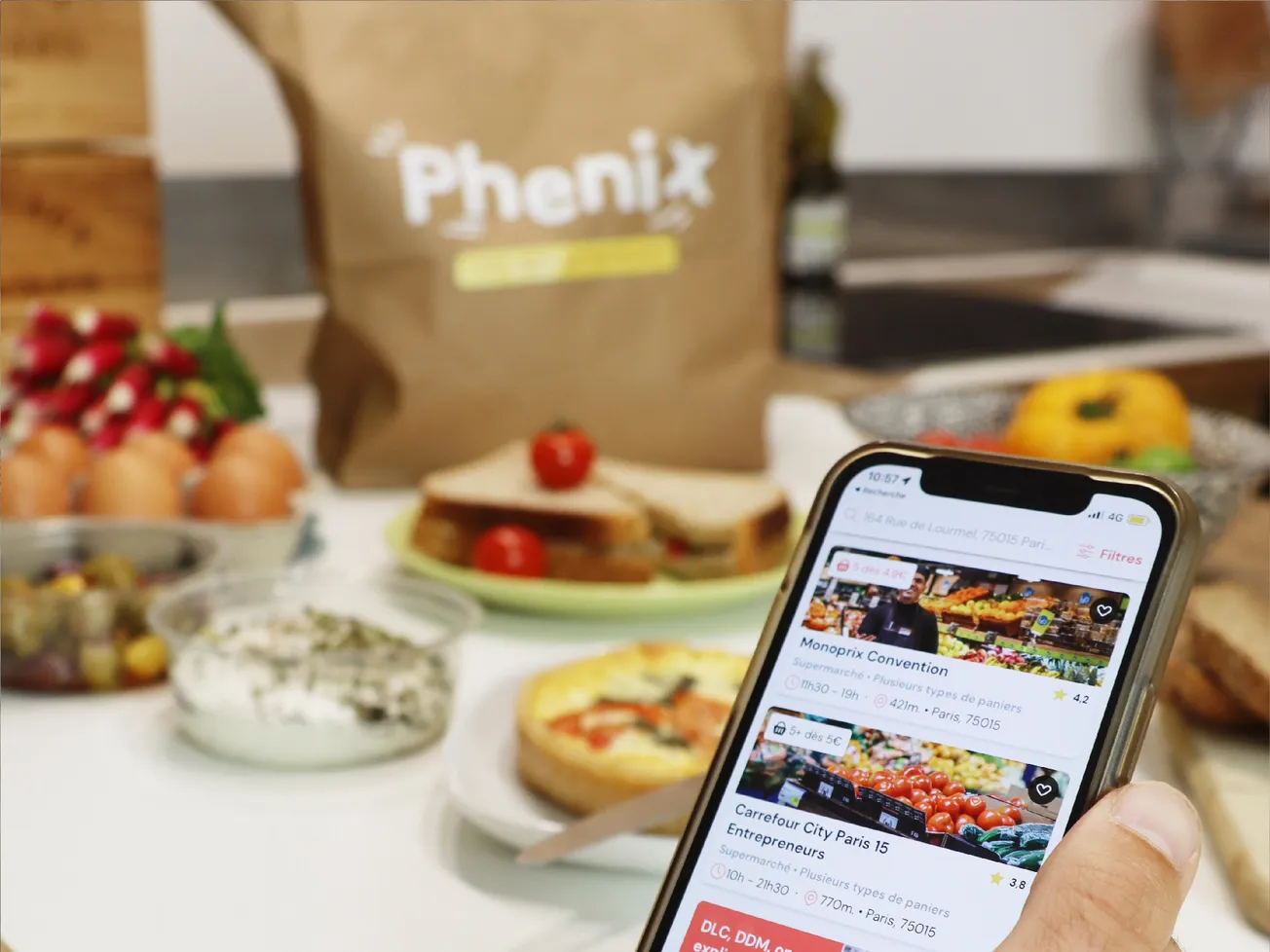Phenix and the Fight Against Food Waste: Scaling Passion into Impact
From leftover baguettes to unsold biscuits, Phenix is proving food waste can fuel growth. With 75M meals saved in 2024 and 16,000 stores onboard, CEO Simon Baldeyrou is scaling passion (and plenty of croissants) into Europe’s fight for zero waste.








